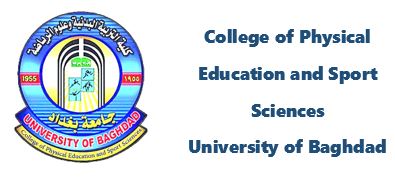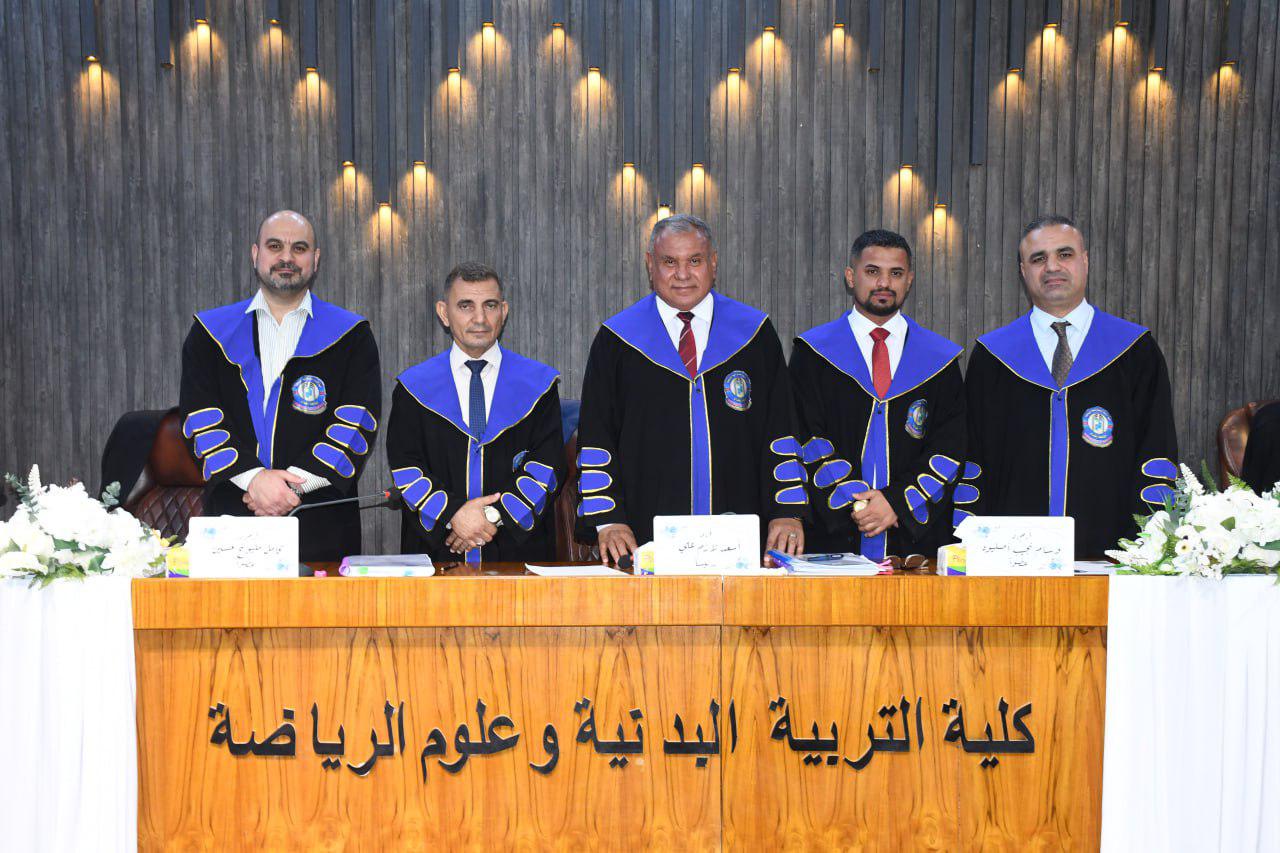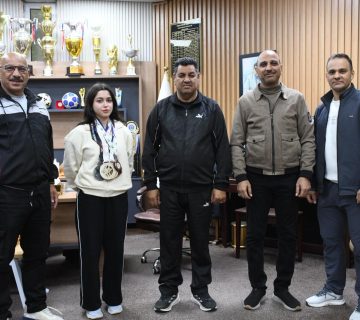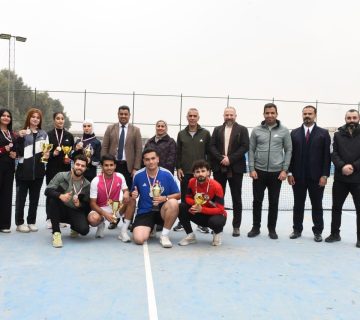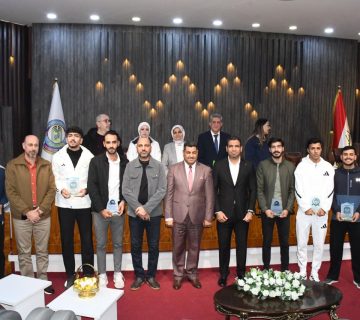A Master’s thesis was defended at the College of Physical Education and Sport Sciences, University of Baghdad by graduate student Mustafa Adel Ghadeer, titled:
“An Analytical Study of Goalkeeping Skill Performance Effectiveness for the Iraqi National Futsal Team Compared to Goalkeepers of the Top Four Teams in the 2024 AFC Futsal Championship.”
The examination committee consisted of:
•Prof. Dr. Asaad Lazem Ali – Chair
•Asst. Prof. Dr. Kamel Malyoukh Hussein – Member
•Asst. Prof. Dr. Wissam Najeeb Salioah – Member
•Asst. Prof. Dr. Ali Sadiq Thiyab – Member and Supervisor
•Asst. Prof. Dr. Ali Saad Abdulhameed – Member and Supervisor
The significance of this research lies in its use of a specialized digital application for analyzing goalkeeping skill performance. The researcher emphasized that modern analytical tools offer substantial benefits to the training process by providing objective data that supports performance enhancement and leads to competitive success. To support the analysis, a tailored form was developed to evaluate the effectiveness of goalkeeping skills, which is considered a key metric in sports performance assessment.
The study concluded that all top-four ranked teams in the championship, including the Iraqi team, relied on the “flying goalkeeper” strategy to maintain numerical advantage upon ball recovery, rather than using the “power play” tactic. This approach effectively prevented goals during critical moments of the matches. The researcher recommended appointing dedicated performance analysts to accompany national teams and domestic clubs during international competitions to ensure data-driven performance evaluation.
The aim of the study was to evaluate the effectiveness of goalkeeping skill performance for the Iraqi national futsal team and compare it with goalkeepers of the top four teams in the 2024 AFC Championship, highlighting the role of goalkeeping efficiency in determining match outcomes.
This study aligns with the principles of Sustainable Development Goal 9: Industry, Innovation, and Infrastructure by incorporating technology and innovation in sports analysis. It also contributes to Goal 4: Quality Education through the promotion of data-based learning in physical education, and to Goal 3: Good Health and Well-being by advancing athlete development through evidence-based training strategies.

